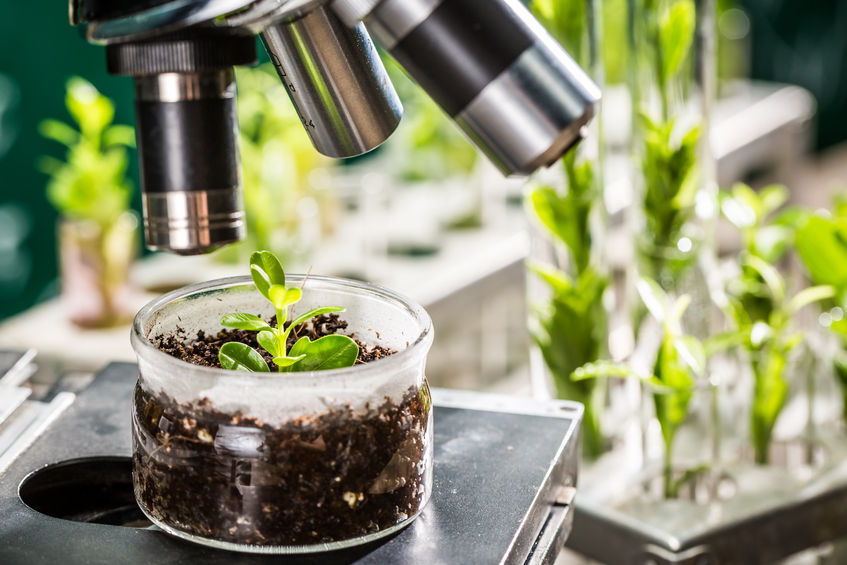
The discussions over the patentability of plant traits continue to gather pace with the issue set for debate in Europe.
EU co-operative Copa & Cogeca have warned against using patents in the plant breeding sector, warning it will reduce the amount of new varieties on the market and add to costs.
The warnings were broadcast at a Conference hosted by the Netherlands Presidency this week.
Speaking at the Conference, 'Exploring solutions in the debate surrounding patents and plant breeders rights', Thor Kofoed Chairman of the Seed Working Party said: "A system of patents is not the best way to protect plant varieties if you want to have better inventions.
"It will also result in less products for consumers on the market and less new varieties.
"The biggest problem is that it is incredibly expensive to run a patent system, and these extra costs will kill a lot of the small breeders."
"The Plant Breeders Right (PBR) answers the need of breeders and farmers.
"Royalties collected under the PBR makes the breeding business profitable enough and allows the marketing of more than 1.800 new plant varieties of very high quality and increased yields every year.
"It helps farmers to have new varieties and products suited to local conditions all over Europe, which is crucial when farmers are confronted with so many challenges like climate change and rising world food demand," added Kofoed.
He continued: "Patents on natural genes will reduce access for further plant breeding and reduce innovation that we are used to in Europe thanks to an unlimited breeders exemption.
"Patenting plants will change the relation between plant breeders and farmers. It will also increase legal uncertainties in the breeding programme because of much opposition to plant patents.
"Copa and Cogeca consequently call for all natural genes in plants to be excluded from patentability to ensure a viable and innovative agriculture sector in the future."
What’s the problem with patents?
Patents grant the holder the right to prevent third parties from making, using, selling or importing their invention.
As such any plant variety containing patented material would not be eligible for the breeders privilege as use of the patent would require a license, and this form of intellectual property would override the existing PVR system.
These licenses are controlled by the patent holder and negotiations can take many years, hence allowing the holders of key patents to potentially dominate the market blocking investment during proceedings.
Transaction costs within the supply chain would also increase as breeders divert money towards legal protection and away from breeding, this would discourage future agricultural R&D and will ultimately impact at farm level.
The NFU has warned that patents granted for plant traits and varieties obtained through biological processes sets a dangerous precedent, and if such an approach were to continue it would undermine the existing PVR system posing a long term threat to agricultural research, genetic diversity and ultimately food security.
